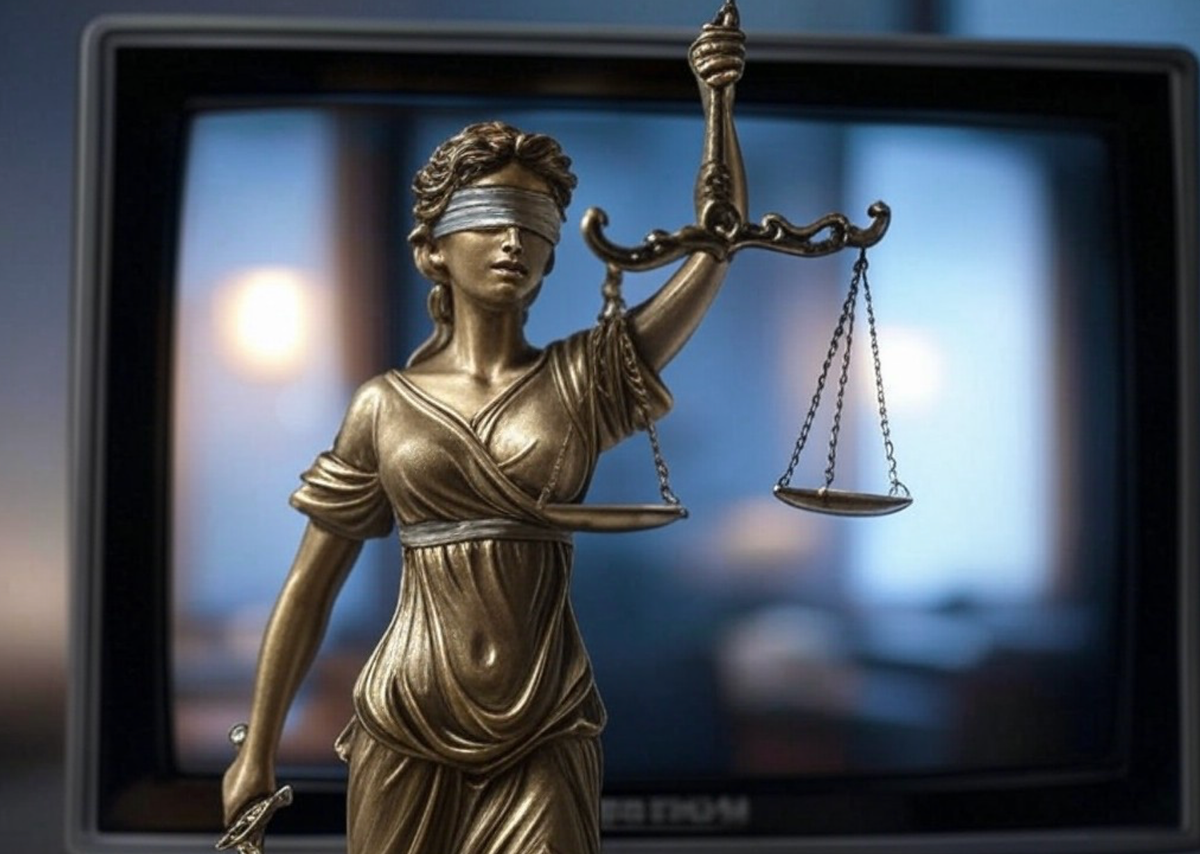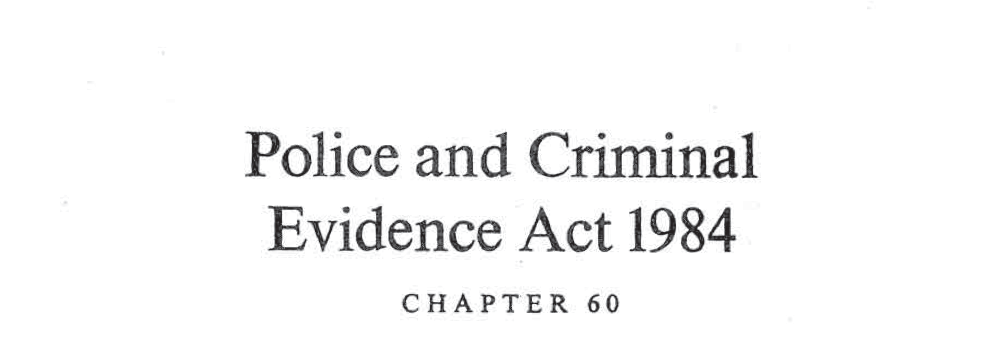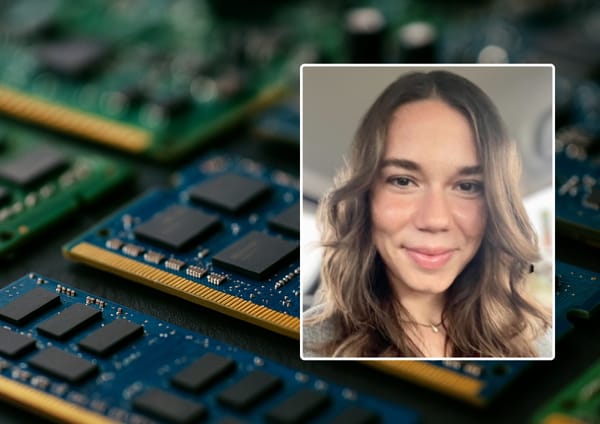Will the Ministry of Justice finally admit computers are unreliable witnesses?
"A blanket ‘no questions asked’ acceptance of the accuracy of digital evidence can have a devastating impact on people’s lives."

Believe computers. That's the attitude of British courts when it comes to judging cases involving data collected by machines.
Many investigations and cases now depend on computer evidence, especially with crimes like fraud that involve thousands of digital documents or crimes such as domestic violence or serious sexual offences.
Yet despite the growing centrality of digital evidence, the UK's justice system is gripped by a worrying presumption anything computer says can and should automatically stand up in court. If the data says you did it - then you bloody well did do it.
Every one of the 700 sub-postmasters prosecuted during the Post Office Horizon scandal knows the damage this presumption can do.
Even after this high-profile miscarriage of justice hit the headlines, courts in the UK still treat the data generated by software as prima facie evidence. But perhaps not for much longer.
The Ministry of Justice has launched a bid to "interrogate" the use of computer evidence in court, aiming to prevent wrongful convictions in future.
Sarah Sackman KC, a Minister of State at the MoJ, said: "We must learn the lessons of the Post Office scandal. A blanket ‘no questions asked’ acceptance of the accuracy of digital evidence can have a devastating impact on people’s lives.
"We need to carefully consider how we can both use and interrogate digital evidence in court. Ensuring people are protected from miscarriages of justice is vital, and one part of the government’s Plan for Change."
Computer says guilty: Judge, jury and incriminator
The MoJ warned that Britain's justice system still operates under a presumption that "computers work correctly and any evidence generated by software is accurate unless there is evidence to the contrary."
The havoc wreaked by faults in the Post Office’s accounting software system "prove the fallibility of digital evidence" and can cause "devastating miscarriages of justice", the ministry admitted.
It's now launched a 12-week call for evidence to gather views from across the justice system and beyond on the presumption that computer evidence is always correct.
While addressing the fairly ridiculous presumption that machines speak only the truth could help prevent miscarriages of justice, any change requiring the prosecution to approve a device works correctly could introduce delays impacting how quickly cases are completed.
"Therefore, any reform must be well thought out and future proofed," the MoJ said.
The call for evidence is seeking expert input on how to define computer evidence and what could fall into the scope of any updates to the law.
"For example, distinctions might need to be drawn between general digital evidence like text messages or social media posts, and evidence which has been specifically generated by a computer system or software," the MoJ added.
"The miscarriages of justice which occurred in the Post Office cases were down to deliberate failures to properly interrogate and disclose evidence - which prevented postmasters and others from effectively challenging the reliability of the Horizon computer system evidence.
"Any changes to the presumption would not be able to further protect against instances where parties mislead a court on the accuracy of the evidence. But lying in court – or perjury - is a separate crime already.
"However, removing or changing this presumption could mean defendants are better equipped to interrogate computer evidence against them, and would put more onus on the party supplying the digital evidence to ensure it can stand up to scrutiny."
Why does the Ministry of Justice (MoJ) believe computers are never wrong?

In 2000, section 69 of the Police and Criminal Evidence Act 1984 covering the use of evidence from computers was repealed.
Prior to this, it was necessary to prove a computer was operating properly and was not used improperly before any statement in a document produced by that machine could be admitted as evidence. Since 2000, the position has been a common law rebuttable presumption that a computer was operating correctly at the material time, unless there is explicit evidence to the contrary.
"There has been a call for changes to this presumption from a number of those with expertise in both software and the criminal law, and the recent Horizon scandal, amongst other cases, has highlighted the urgent need to review this position," the MoJ wrote.
"Since the repeal of s.69 of the scope and scale of ‘computer evidence’ in criminal prosecutions has proliferated, in ways which may not have been fully foreseen at the time. It is important that we consider what legislative changes might be needed to the way in which this type of evidence is dealt with in prosecutions.
"However, any proposed changes must be well thought through and informed by a wide range of expertise and best available evidence to mitigate against any unforeseen consequences which could delay or derail the prosecution of suspected offenders, or indeed lead to further miscarriages of justice."
So what went wrong at the MoJ? Here's what legal expert James Christie wrote in a journal article about the issue: "In 2000 section 69 of the Police and Criminal Act 1984 was repealed. The result was that a common law presumption came into effect that computer evidence was considered reliable unless there was evidence to the contrary."
He claimed that the Law Commission had recommended the repeal of section 69 without any replacement and asked whether it misunderstood or misrepresented the sources it cited to "justify its recommendation that computer evidence should be considered reliable."
"Two of the three main experts whose work was cited have confirmed that they were misrepresented," Christie claimed. "The recommendation and the resulting presumption therefore lack any factual or evidential basis."




